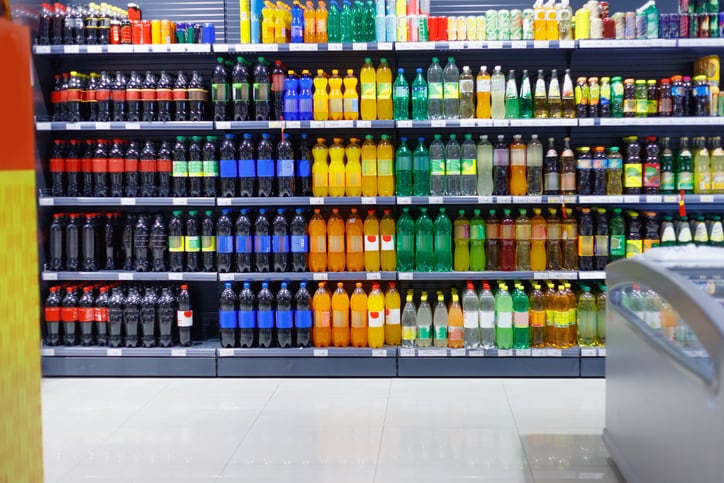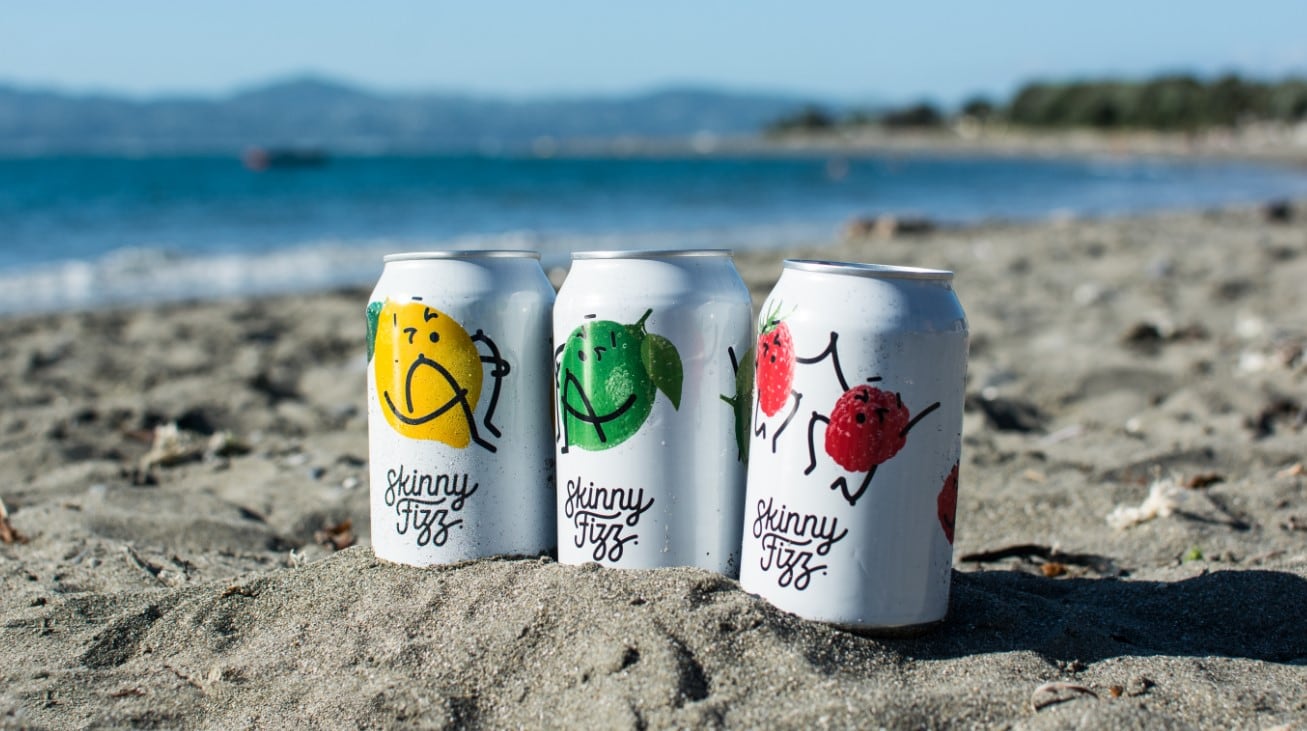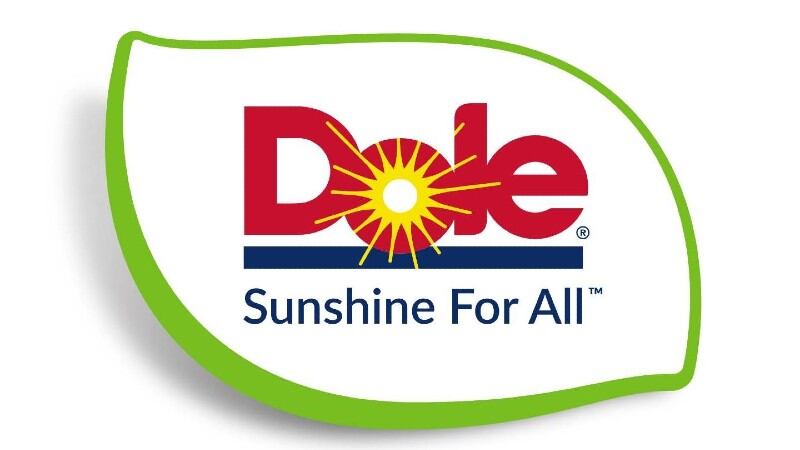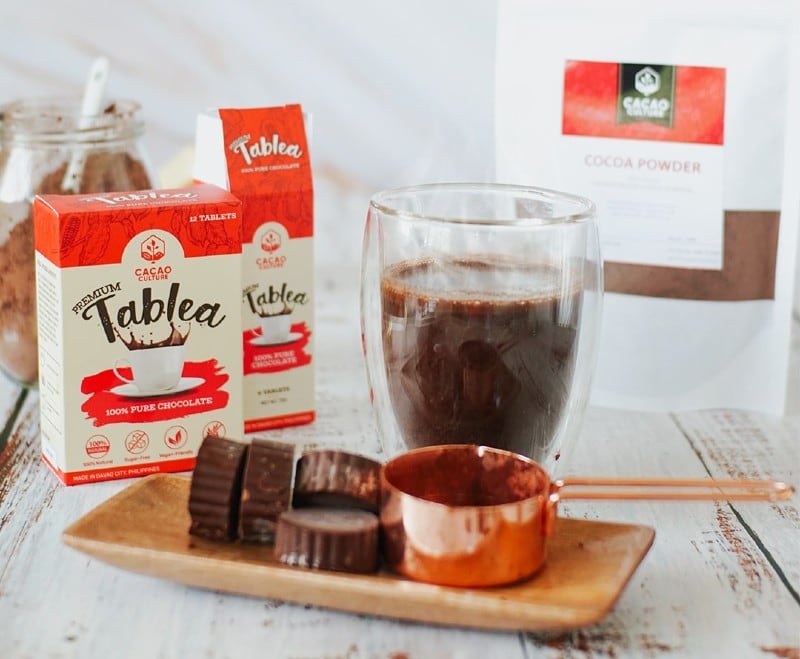The Singapore Government will be implementing front-of-pack nutrition labels, the Nutri-Grade system, for NABs sold in Singapore by the end of 2021. It assigns Grade A to D for free sugar and saturated fat.
Grade A corresponds to the lowest sugar and saturated fat, while Grade D corresponds to the highest. The label will be mandatory for beverages with Grades C and D, but voluntary for Grades A and B.
Published in BMC Public Health, this study was conducted by researchers in Singapore and Australia, analysing 848 beverages readily available in Singapore.
Among the beverages, syrups, RTD vinegars and vitamin drinks contained the most amount of sugar, and would have been categorised as Grade D.
Products like coconut water and kombucha would have qualified as Grade B based on current formulations.
With the implementation of Nutri-Grade, retailers in Singapore are looking towards stocking healthier choices and there is pressure on manufacturers to reformulate beverage formulations.
In-store survey
Researchers collected data in 2020, where they visited 12 locations in Singapore across retail supermarkets and convenience stores. It was estimated that these stores covered more than 90% of the beverages sold on the Singapore market.
Package labelling data of 848 beverages were obtained from these stores, including their sugar and sweetener composition and future Nutri-Grade classification was assessed.
Beverages were categorised into Asian, carbonated, coconut water, cordial/syrup/concentrate, energy, flavoured, kombucha, milk coffee, milk tea, RTD vinegar, sports/isotonic, and vitamin drinks.
The study only included packaged drinks in retail and not beverages prepared at cafés, restaurants and takeout outlets.
The average sugar content across all NABs was 6.9 g per 100 mL/g (average range of 3.0 to 22.5 g) and would be predominantly assigned to a Grade C.
46% of beverages would have been categorised as Grade C and 14% as Grade D if they do not reformulate their products when the Nutri-Grade system kicks in.
Grade A awards beverages with 1g or less sugar per 100mL, Grade B between 1 to 5g/100mL, Grade C more than 5 to 10g/100mL and Grade D above 10g/100mL.
High sugar
Vitamin drinks contained the highest sugar content of 22.5 g per 100 mL/g across all beverages. Cordial/syrup/concentrate and RTD vinegars also contained an unhealthy amount of sugar.
One of the study authors, Dr Benjamin Smith who is director at the Singapore Future Ready Food Safety Hub (FRESH) and A*STAR Innovations in Food & Chemical Safety Programme, said the results were not surprising.
“Vinegar drinks are fermented sugar-based drink and are already high in sugars. They also need to be sweetened as acetic acid is very astringent in taste. Many vitamin drinks also have sugar added to sweeten the taste and make them more palatable.
“The complication here, is that many people equate vitamin drinks as ‘health’ drinks and thus perceive them to be a healthier choice overall, which is not necessarily the case.”
For many vitamin drinks and RTD vinegar companies, the major selling point is the promotion of functional benefits such as achieving optimal sports/athletic and health performance from the fortification of vitamins, minerals, and electrolytes. Sugar reformulation may not be a key manufacturing consideration in product development or reformulations.
Smith said it was important to understand that sugars play an important role in these drinks: “Many vitamin drinks are actually specialist sports drinks designed to replenish the body. It is important to replenish carbohydrates during endurance events.”
So, the challenge lies in consumer choice and drinking patterns.
“Drinking high sugar drinks is not an issue if you are active but it’s not just active individuals drinking such beverages. In fact, many consumers drink specialised sport drinks as they enjoy the taste.
“It is a matter of education of consumers, and clarity in branding and marketing. There needs to be clearer, tighter control around messaging of products in the grey zone of the functional, ‘healthy’ food space.
“This is where labels like Nutri-grade will hopefully have a beneficial role in highlighting these factors more clearly to the consumer, but this is just one aspect of managing one’s diet. The quality of consumers’ diets should be reviewed holistically, and not just focusing on reducing only one single item.”
Sweeteners
The study also analysed the use of sweeteners. Based on the data, 27% of NABs contain sugar substitutes such as zero-calorie artificial sweeteners which are the most commonly used (30%), followed by sugar alcohols (7%), natural sweeteners (6%), and caloric artificial sweeteners (n = 17, 2%).
The usage of sugar substitutes was found to be most popular among energy drinks (80%), but absent among vitamin drink products.
With continuous efforts by the government in promoting public health nutrition, it is expected that there will be a greater usage of sugar substitutes among NABs in response to the upcoming implementation of Nutri-Grade and ever-fluctuating consumers’ demands.
In particular, researchers expect to see an increase in the use of natural sweeteners.
For instance, stevia has been marketed as a promising renewable raw ingredient in the food industry for many years, but multiple studies have documented that its characteristic metallic, bitter aftertaste negatively influences consumer acceptance.
Another natural sweetener, monk fruit extract, is still a relatively new ingredient to the market with limited and inconclusive research examining its safety effects and sensory profile, to date as an additive.
Post-implementation
The findings of this study will act as a baseline to track and monitor the proportion of sugars in beverages and sugar reduction overtime once the Nutri-Grade system is implemented.
“The food and beverage industry is putting in considerable efforts to reformulate brands to be lower in sugar. In my view, it would be beneficial to further study the influence of the labels on consumer choice, and the purchasing trends observed once the labels are initiated. It is important to determine if the labels are having the expected impact – this is where studies such as ours looking at the market composition and packaging can help. It comes down to ensuring a proper understanding of what the information on the labels really mean,” Smith said.
The research team intends to expand to other beverages in such as flavoured milk and milk alternatives, as well as explore other product categories.
Source: BMC Public Health
https://doi.org/10.1186/s12889-021-11924-0
“Assessment of artificial and natural sweeteners present in packaged non-alcoholic beverages (NABs) sold on the Singapore market”
Authors: Benjamin P. C. Smith, et al.




